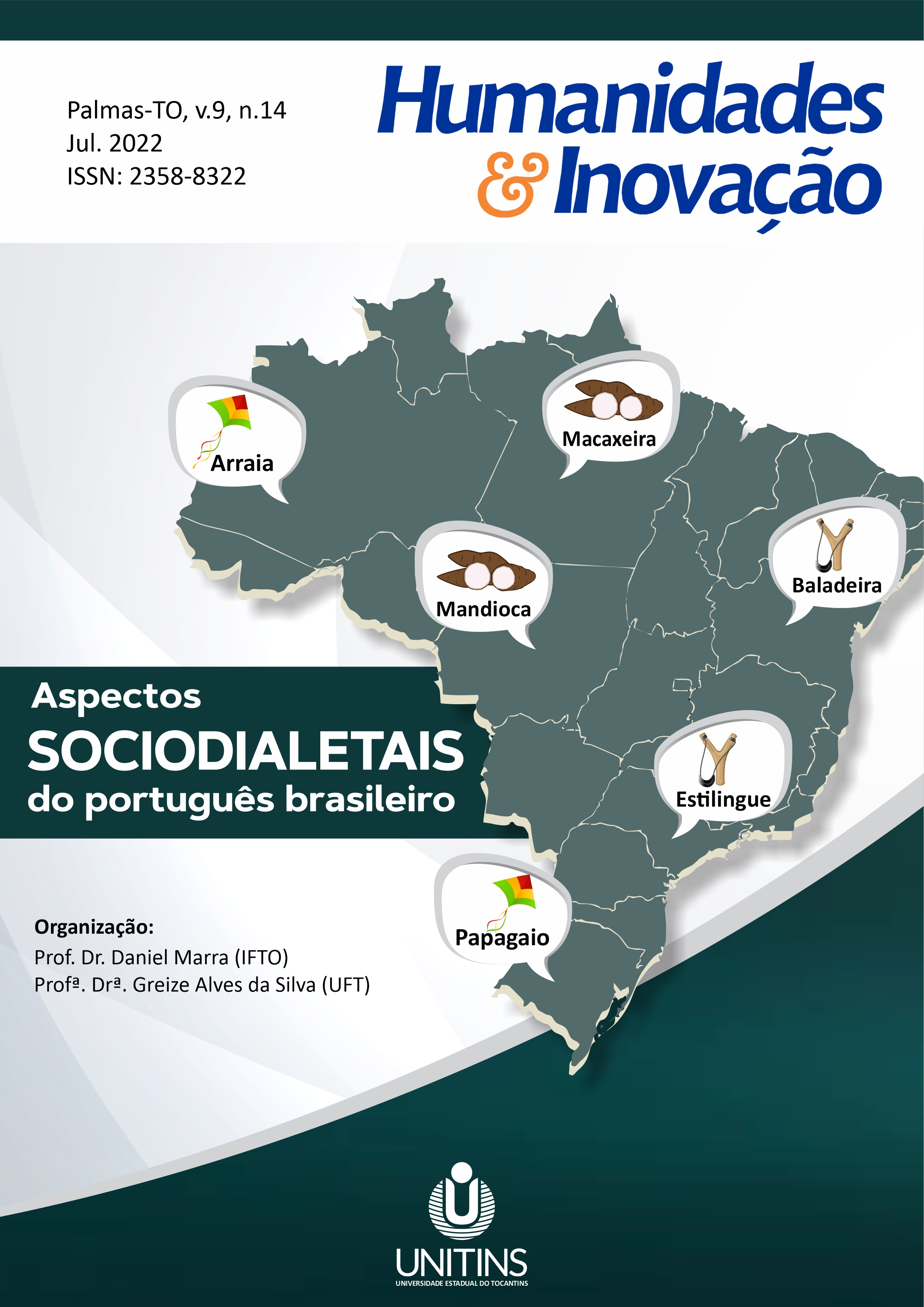TRANSFORMAÇÃO DIGITAL: A IMPORTÂNCIA DA QUALIDADE NAS PLATAFORMAS E ECOSSISTEMAS DIGITAIS
Abstract
A qualidade de uma Plataforma Digital é essencial para que as empresas possam manter sua competitividade diante de um mercado em constante mudança devido a Transformação Digital. Além disso, a fim conseguir a melhoria contínua da qualidade, as empresas podem contar com várias técnicas e ferramentas que fornecem diversos benefícios, como redução de custos, aumento de receita, redução de falhas, aumento da confiabilidade do produto e da satisfação do cliente. Este artigo tem como objetivo investigar a introdução do ciclo de PDCA na área da Tecnologia da Informação com o propósito de auxilar na melhoria da qualidade das plataformas disponíveis no Ecossistema Digital.
References
AKKIYAT, I.; SOUISSI, N. Improvement View: Extension of Seven Views Approach. 2017.
BERMAN, S, J. Digital transformation: opportunities to create new business models. Strateg Leadersh., vol. 40, no. 2, pp. 16–24, 2012.
BHARADWAJ, A. et al. Digital business strategy: toward a next generation of insights. MIS Q 37(2):471–482, 2013.
BOLEY, H.; CHANG, E. “Digital Ecosystems: Principles and Semantics”, Inaugural IEEE International Conference on Digital Ecosystems and Technologies, 2007.
CUI, W.; XIANGQUN, S.; SHIYIN, S. C Programming Language Education Reform Concept Based on PDCA Circulation Management. 3rd International Conference on Smart City and Systems Engineering (ICSCSE), 2018.
DARKING, M.; WHITLEY, E.A.; DINI, P. Governing Diversity in the Digital Ecosystem. Communications of the ACM, 51(8): 137–140, 2008.
DAVIS, P. The relevance of systematic reviews to educational policy and practice. Oxf. Rev. Educ. 26 (3–4), 2000.
EBERT, C.; DUARTE, C.H.C. “Digital Transformation”, IEEE Computer Society, 2018.
FILIPPI, L.; RIGO, S, R. Sistema de Análise de Incidentes para Melhoria Contínua. XLI Latin American Computing Conference (CLEI), 2015.
GHAZAWNEH, A.; HENFRIDSSON, O. Balancing Platform Control and External Contribution in Third-Party Development: The Boundary Resources Model. Information Systems Journal 23(2): 173–192, 2013.
GREEN, B.N.; JOHNSON, C.D.; ADAMS, A. Writing narrative literature reviews for peer-reviewed journals: secrets of the trade. J. Chiropr. Med. 5 (3), 2006.
HENRIQUES, D.P.; DA COSTA, H.R. Big Data – Como Utilizar A Extraordinária Quantidade de Informações Coletadas por novas Tecnologias para obter Vantagens Competitivas. Revista Pensar Tecnologia. v.3, N.01, p. 1-11, jan/2014.
KANE, C.G. et al. Strategy, Not Technology, Drives Digital Transformation. MIT Sloan Management Rev., 14, 2015.
KING, W.R.; HE, J. Understanding the role and methods of meta-analysis in IS research, Commun. Assoc. Inf. Syst. 16 (1), 2005.
KOZHEVNIKOV, D. E.; KOROLEV, A. S. Digital Trust As a Basis For the Digital Transformation Of the Enterprise And Economy. 2018.
KUEBEL, H.; ZARNEKOW, R. Evaluating Platform Business Models in the Telecommunications Industry via Framework-based Case Studies of Cloud and Smart Home Service Platforms. Twentieth Americas Conference on Information Systems, Savannah, 2014
LEHONG, H. et al. Building a Digital Business Technology Platform. Gartner, Inc, 2016.
NACHIRA F. “Towards a Network of Digital Business Ecosystems Fostering the Local Development”, European Commission Discussion Paper. Bruxelles, 2002.
OLIVEIRA, B. G. C., BERARDI, R. C., SANTOS, C. E., “Big Data Como Ferramenta De Apoio Ao Processo Decisório das Pequenas e Médias Empresas.”. Encontro Internacional de Produção Cientifica UNICESUMAR, 9, n. 9, p. 4-8, 2015, Maringa.
PARE, G. et al. Synthesizing information systems knowledge: A typology of literature Reviews. Information & Management, 2015.
TIWANA, A.; KONSYNSKY, B.; BUSH, A.A. Platform Evolution: Coevolution of Platform Architecture, Governance, and Environmental Dynamics. Information Systems Research 21(4): 675–687, 2010.
YANG, S.; LIAO, C. A Study of Critical Success Factors on Software Quality Assurance of Cloud Networking Devices. 3rd International Conference on Systems and Informatics, ICSAI, 2016.
Copyright Notice
The submission of originals to this periodic implies in transference, by the authors, of the printed and digital copyrights/publishing rights. The copyrights for the published papers belong to the author, and the periodical owns the rights on its first publication. The authors will only be able to use the same results in other publications by a clear indication of this periodical as the one of its original publication. Due to our open access policy, it is allowed the free use of papers in the educational, scientific and non-commercial application, since the source is quoted (please, check the Creative Commons License on the footer area of this page).











